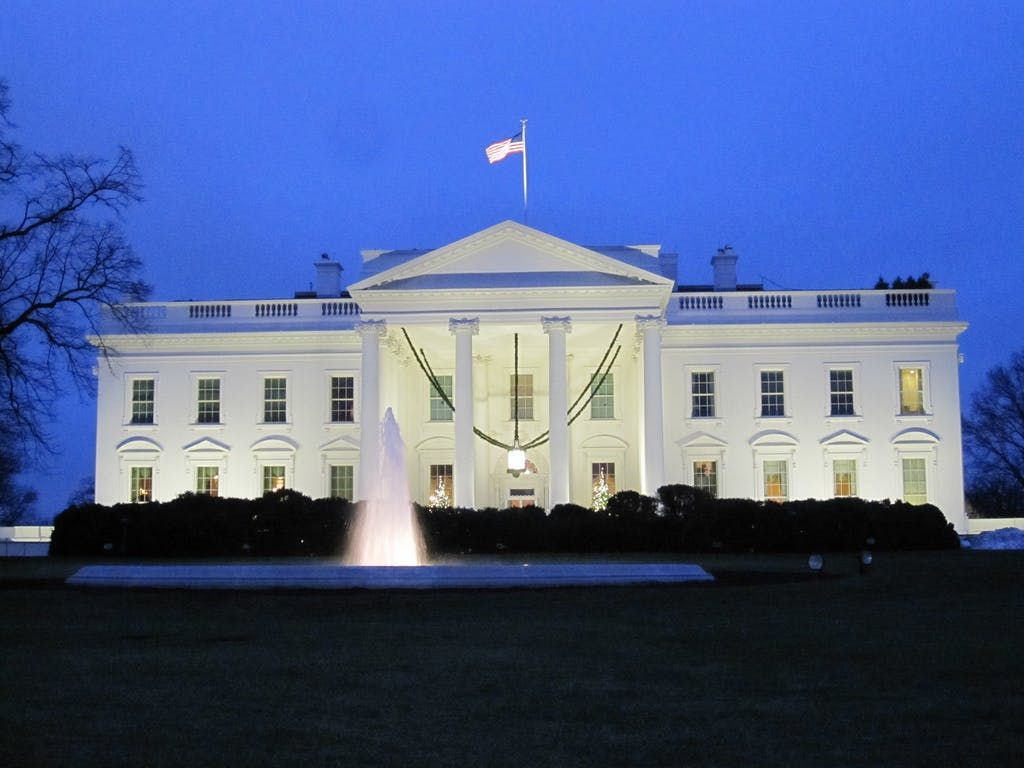In an announcement that was published in the Federal
Register
on the 23rd of July, 2015, the White House, through the Department of
Health and Human Services (HHS), announced a new set of guidelines for
medical marijuana research. Specifically, the new guidance eliminates
the Public Health Service (PHS) review of non-federally funded research
protocols with regard to medical marijuana, speeding up the process of
marijuana research. With this policy, prospective researchers can
utilize the existing Food and Drug Administration (FDA) Investigational
New Drug (IND) process for drug development, which is less cumbersome
than earlier requirements. The new policy is a revision to a previous
guidance
published by the HHS in 1999, which delineated the procedures for
medical marijuana research currently in effect. The former guidance put
a lot of hurdles in place which researchers had to overcome before they
could legally carry out studies on marijuana.
Effect of Announcement
While not a huge step towards the legalization of medical marijuana,
this elimination of bureaucratic bottlenecks will make it easier for
researchers to investigate the medicinal properties of cannabis plants,
which will likely positively influence the movement to legalization
medical marijuana. The Controlled Substances Act of 1970 lists marijuana
as a Schedule I drug, which is the category for drugs described by the
Drug Enforcement Administration
(DEA) as dangerous, and with no currently accepted medicinal value.
Removing the difficult steps towards obtaining permits for marijuana
research will enable more scientists to have access to the plant or grow
their own medical marijuana for research purposes. The establishment of
scientifically backed medicinal properties may influence the government
to remove marijuana from its current listing as a Schedule I drug.
A bipartisan group, made up of members of Congress, drafted a letter in
May of 2014, calling on the Secretary of Health and Human Services to
remove the barrier to legitimate medical marijuana research by
eliminating the PHS review. Marijuana is the only drug within its
category which the DEA prohibits from being scientifically studied in
private labs, unlike other Schedule I drugs such as heroin and lysergic
acid diethylamide (LSD).
Research Difficulty
Scientists interested in obtaining research-grade marijuana for research
have to go through the National Institute on Drug Abuse (NIDA), which
many researchers find cumbersome and frustrating. Obtaining DEA-licensed
marijuana for FDA-regulated scientific research is still an uphill task
due to the monopoly exerted by the NIDA. Given the current interest in
the therapeutic potential of medical marijuana, there has been a renewal
by marijuana advocates in pushing for more research into the medicinal
benefits of medical marijuana. Allowing more marijuana research will
lead to more scientific studies that can be evaluated by the FDA for
authenticity.
Medical Marijuana Works
As of July 2015, 23 states and Washington D.C. have legalized the use of
medical cannabis due to the various perceived benefits. According to the
National Institutes of
Health (NIH), THC,
the active compound in marijuana, has been found to provide relief for
those who have nausea from cancer chemotherapy, and for use in
stimulating appetite in those who have HIV/AIDS. Marijuana also contains
another class of active compound called cannabidiol (CBD), which is
useful for managing several conditions, including epilepsy and
migraines. THC is a psychoactive agent, meaning that it is capable of
altering the mood, perception or consciousness of people who use
marijuana. This is unlike CBD, which possesses none of the psychoactive
properties of THC, and can actually counter the psychoactive effects of
THC. The psychoactive properties of THC makes it appealing as a relaxant
and sleep aid, while cannabis rich in CBD may be an option for those
seeking a solution for inflammation, anxiety, pain and other ailments,
without the lethargy associated with THC.



